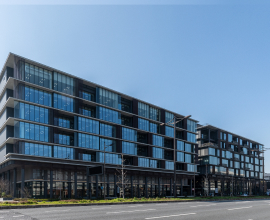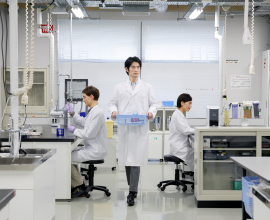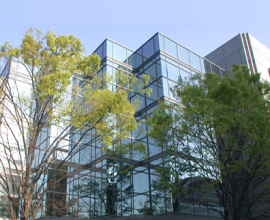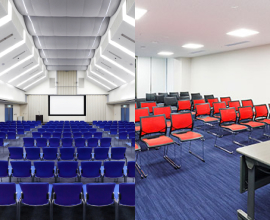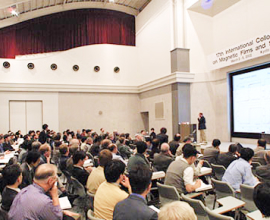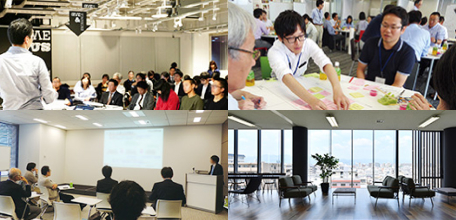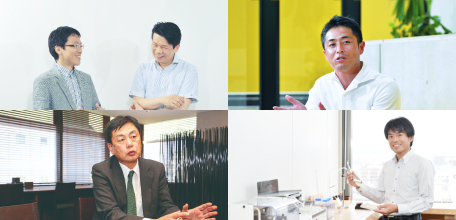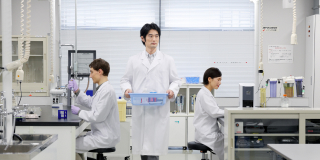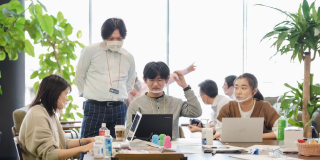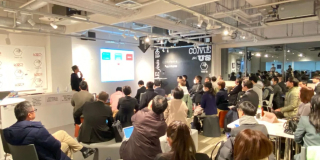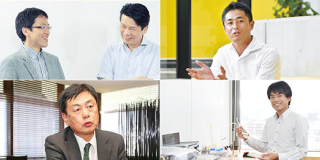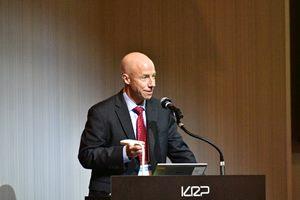2019/01/10(木)
Keynote Session: From Academic Discovery to Novel Therapeutics -12 years of "SPARKing Translational Research-
|
Professor of Chemical and Systems Biology, Stanford University School of Medicine Co-Director, SPARK Program, Stanford University School of Medicine |
[Summary]
Much attention is given to the biotechnology industry's potential contribution to the economy. But a large gap exists between promising early stage academic research discoveries and the stage at which industry partners are willing to invest to advance the discoveries into novel therapeutics. The gap includes a lack of funding for the applied science required to de-risk the project, the lack of drug development expertise in academia, and a lack of mutual understanding and trust between academic and industry researchers. This lack of funding, knowledge and misaligned incentives can be very challenging to overcome.
To fill the gap, the SPARK program was founded 12 years ago at Stanford University Medical School. The program includes over 100 volunteer mentors from the biopharma industry gathering at university campus to support the university projects, leading them to the point where they become more attractive for licensing and for investment. Of over 100 graduating projects, the overall success rate has been about 60%. Approximately 50% have been licensed to commercial partners and an additional 10% have been advanced into clinical trial within academia.
The success of the SPARK program results from the free exchange of ideas and feedback from the experienced people in the room. There is no hierarchy and researchers learn from each other's successes and failures over the 3 year period. We educate our teams to start with the end product in mind, envisioning all the of essential characteristics required for successful clinical adoption. We also try to instill a spirit of project management into the process -a discipline that is often overlooked in academia. We feel that it is our social responsibility to take these discoveries that have been supported by taxpayer dollars and deliver better health in return. Through the program, we also educate many of our trainees for the careers they're going to have in the future, since most of our graduates will be going into the industry.
The program has now spread to approximately 50 SPARK programs throughout the world. In addition to helping advance much needed new therapies to patients, the program helps trigger economic development and build local biotechnology ecosystems.
[Profile]
Kevin Grimes is a Professor of Chemical and Systems Biology and the Co-director of the SPARK Program in Translational Research at the Stanford University School of Medicine. He received his MD from Brown University and completed his residency in internal medicine at Stanford University. He became a Clinical Assistant Professor of Medicine at Stanford, where his primary duties included the teaching and practice of internal medicine. Grimes received a Hartford Foundation Fellowship to study health economics at the Stanford Graduate School of Business and obtained an MBA. He was subsequently selected as a White House Fellow and assigned to the Department of Defense, where he served as Special Assistant to the Secretary. He spent fifteen years in industry, working in the medical device, life science consulting, and biotechnology sectors prior to returning to Stanford to co-direct SPARK. In addition to SPARK, Grimes teaches graduate student courses on drug discovery and development and continues to teach and practice internal medicine. He has received the David Rytand Award for Excellence in Clinical Teaching and the Faculty Award for Excellence in Graduate Teaching.
SPARK's two-fold mission is to advance promising research discoveries into the clinic as new therapeutics and diagnostics, and to educate faculty, post-doctoral fellows and students regarding the translational process. SPARK participants receive modest funding, education regarding translational research, and targeted mentorship on their specific projects. Over one hundred volunteers from the local biotechnology, pharmaceutical, and health care investment community serve as advisors and mentors. SPARK is now in its twelfth year. Approximately 60% of projects completing the program have been licensed and/or advanced to clinical trials.
More information about SPARK program, click here!



